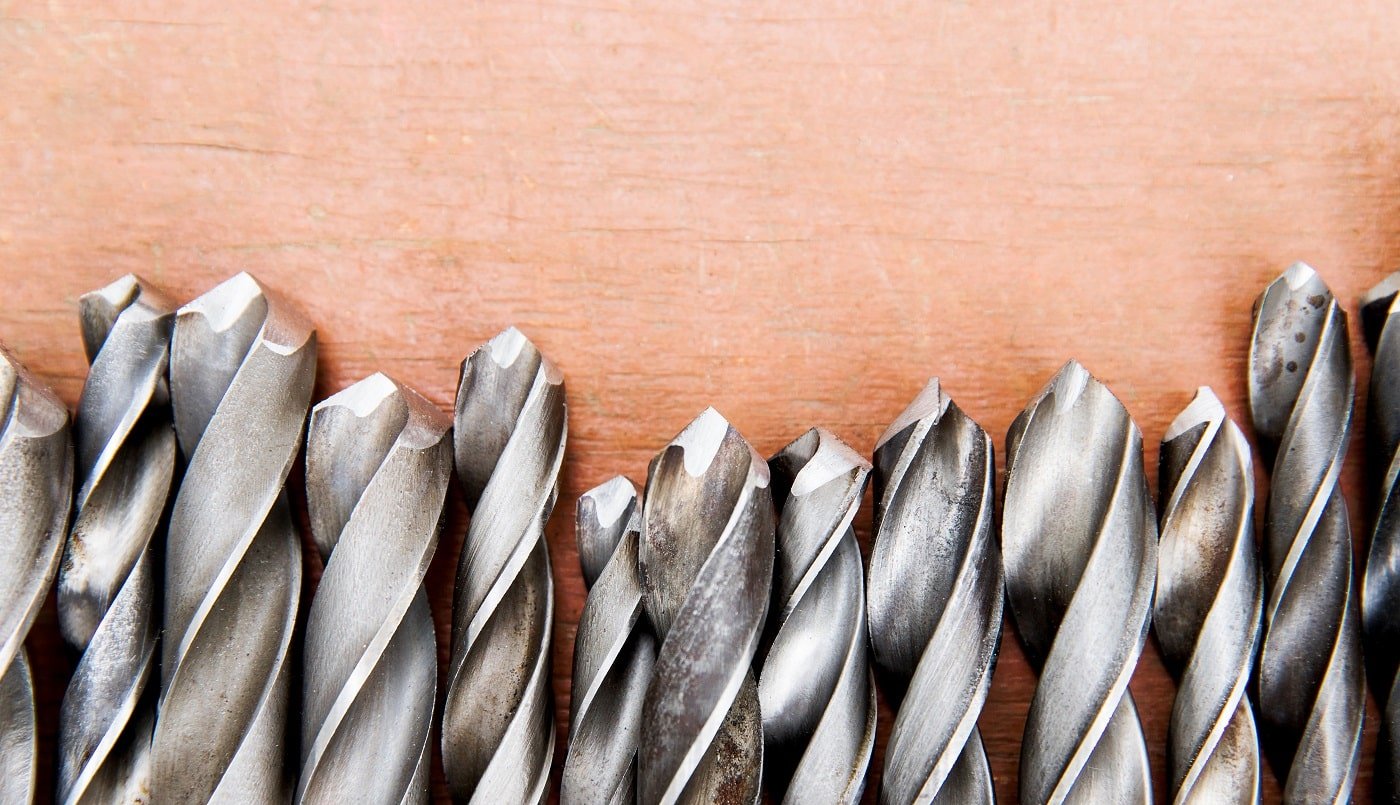Mastering the Art of Drilling: A Comprehensive Guide to Drill Bits
Unveiling the Tools That Drive Precision and Efficiency
Drilling is an essential aspect of various industries, from construction to manufacturing, and even in the realms of DIY projects. At the heart of this fundamental process lie the unsung heroes known as drill bits. These small yet mighty tools play a crucial role in achieving precision, efficiency, and accuracy in drilling operations. In this comprehensive guide, we delve into the world of drill bits, exploring their types, uses, and key considerations for selection.
Understanding the Basics: What are Drill Bits?
Drill bits are cutting tools used to create cylindrical holes in various materials, including wood, metal, plastic, and masonry. They attach to a drill or drilling machine, utilizing rotational motion to penetrate surfaces. Despite their seemingly simple function, drill bits come in a myriad of shapes, sizes, and materials, each tailored to specific applications.
Exploring the Types of Drill Bits
-
Twist Drill Bits: Among the most common types, twist drill bits feature spiral grooves that aid in chip removal and enhance cutting efficiency. They are suitable for drilling holes in wood, metal, and plastic.
-
Masonry Drill Bits: Designed with a carbide tip, masonry drill bits excel in drilling through tough materials such as concrete, brick, and stone. Their robust construction enables them to withstand the rigors of heavy-duty applications.
-
Spade Drill Bits: Characterized by a flat, paddle-shaped blade, spade drill bits are ideal for drilling large-diameter holes in wood. They offer rapid drilling speed but may produce rough edges.
-
Forstner Drill Bits: With a flat-bottomed design, Forstner bits excel in creating precise, flat-bottomed holes in wood. They are favored for woodworking projects that demand accuracy and clean finishes.
-
Countersink Drill Bits: These specialized bits combine drilling and countersinking functions, allowing users to create recessed holes for screws and fasteners. They are indispensable in carpentry and metalworking tasks.
-
Step Drill Bits: Featuring multiple stepped diameters, step drill bits are versatile tools suitable for enlarging existing holes or drilling holes of varying sizes in thin materials like sheet metal.
Key Considerations for Selection
When choosing drill bits for a particular task, several factors come into play:
-
Material Compatibility: Select a drill bit that is compatible with the material you intend to drill. Different materials require different cutting geometries and coatings to achieve optimal results.
-
Drill Bit Size: Consider the desired hole diameter and depth when selecting the appropriate drill bit size. Using the wrong size can lead to inaccuracies and inefficiencies in drilling.
-
Speed and Feed Rates: Adjust drilling speed and feed rates based on the material being drilled to prevent overheating and premature wear of the drill bit.
-
Quality and Durability: Invest in high-quality drill bits made from durable materials to ensure longevity and performance consistency, especially for heavy-duty applications.
-
Safety Precautions: Prioritize safety by wearing appropriate personal protective equipment (PPE), such as safety goggles and gloves, when operating drilling equipment.
Conclusion
Drill bits are indispensable tools that form the backbone of drilling operations across various industries and applications. By understanding the different types of drill bits available and selecting the right one for the task at hand, professionals and DIY enthusiasts alike can achieve precision, efficiency, and safety in their drilling endeavors. Whether drilling through wood, metal, concrete, or other materials, the right drill bit can make all the difference in the success of a project.

Comments
Post a Comment